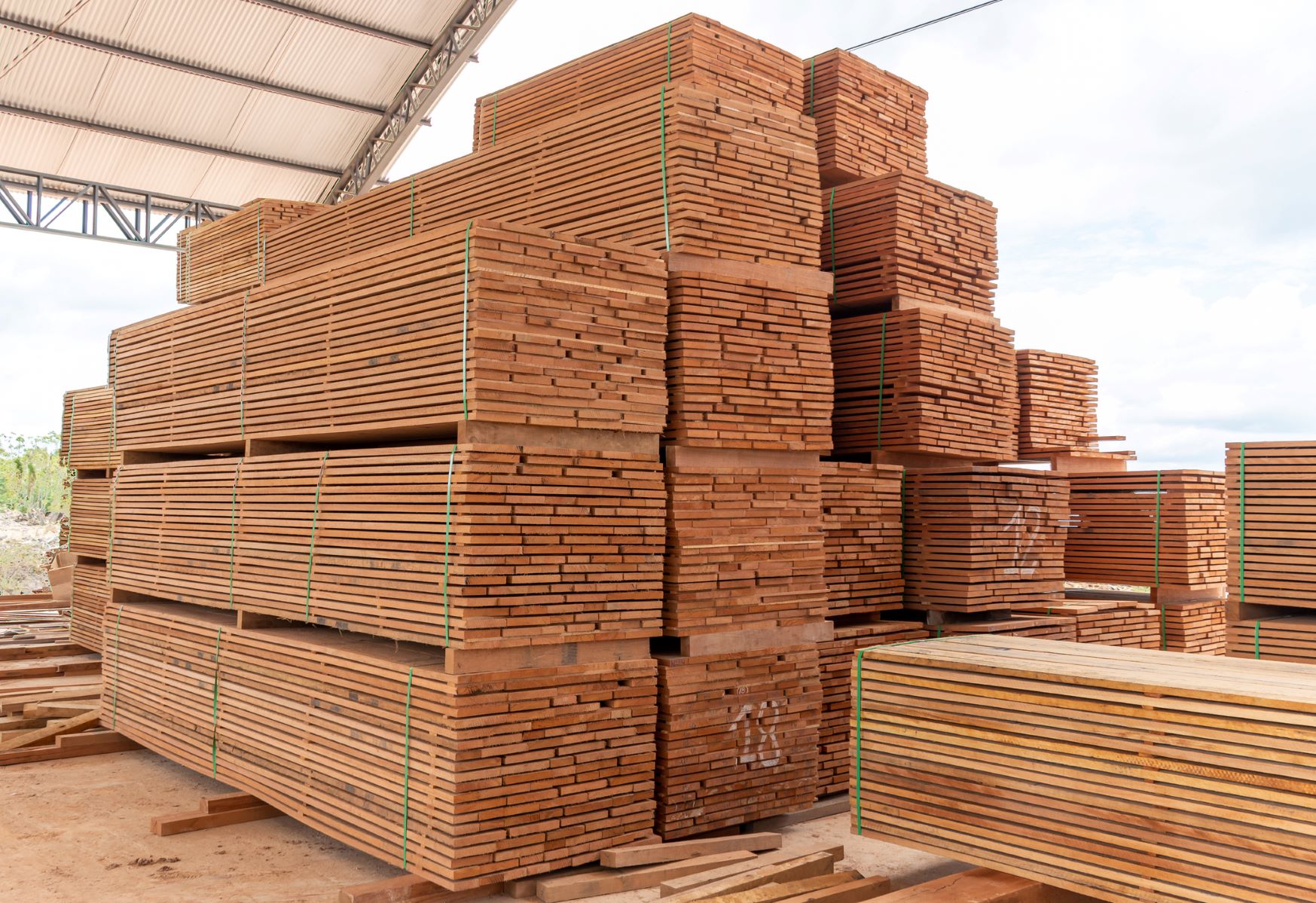Timber Barron says employing a robot is a chance to improve life for human staff, freeing them from mundane tasks, lifting work satisfaction and bolstering sales.
Kiwi high growth export company Timber Barron has harnessed a robot, not for cost cutting, but as part of its staff retention strategy working with Quanton, a New Zealand-based digital transformation, automation and RPA specialist.
Timber Barron is an Auckland-based exporting company providing New Zealand timber and building products into the Pacific Islands. Specialising in bulk building materials such as timber, cement, steel and plywood, for construction, the company has nine staff, with a focus on providing value-add wherever possible.
With many New Zealand businesses struggling in a very tight labour market, Timber Barron was keen to ensure its small team was getting maximum satisfaction from their jobs.
“We have a great team who have been with us for quite a long time,” says Daniel Ludlam, Timber Barron’s managing director. “They have built up skill-sets and knowledge specific to our business, but what we found was that we had a lot of staff spending more of their time doing menial data entry tasks, instead of looking, analysing and actually making decisions based on the data they were imputing,” he says.
The company has a custom production system to process invoices, and is in the midst of an ERP upgrade. The custom system requires manual data entry for all sales and orders.
“We wanted to get our current legacy piece of software working better for the team until we could implement the new system. Once we stood the bot up and got it working and taking pressure off, we wanted to look at implementing it into our new system so the team still had the same basic interaction, rather than going to a new ERP and having to go back to data entry,” Ludlam says.
Productivity, employee experience boosts
Quanton worked with Timber Barron to automate the sales order process using their Lean Agile Robotic Implementation (LARI®) approach that rapidly delivers automation in days and automation technology from UiPath.
Quanton automation specialists worked with Ludlam and some of the Timber Barron team to develop Robert.
“We didn’t say we were going to charge thousands of dollars to do discovery and up-front work to create design documents and PDDs. It was a truly Agile approach – we put our automation specialists in front of the client from day one and everything (document generation) happened in parallel, so it was a really quick turnover of code and we did demos every week.
“Fail early but succeed fast is our motto,” Riemer says.
When Robert joined Timber Barron in 2022, it took some staff several weeks to work out he was a robot. They’d been told he was working remotely and that they should just email him.
“Anything that someone can do on a computer that is a repeatable task is what Robert is doing,” Ludlam says. “So all our data entry, putting stock into the system, dispatching stock, invoicing customers – all of that is completed by Robert.
“Basically, we have our bot trained to handle any touchpoint with our computer software.”
Immediate gains
Timber Barron says it saw immediate gains from using Robert.
“Our team have embraced Robert as part of the team and he’s enabling them to do the more enjoyable, value-add, decision making part of their jobs and everyone is constantly looking towards what else they can off-load and automate as part of our continuous improvement philosophy.”
Ursula Riemer, Quanton’s strategic engagement director (pictured below), says Timber Barron’s experience highlights the value of bots for staff retention and employee engagement.
“While there is the productivity angle where Timber Barron has been able to increase its sales work thanks to its team not having to spend all the time on data entry, it’s the staff retention aspect that was most important for Timber Barron,” she says.
“With so many companies struggling with staff shortages at the moment, we really believe bots can help New Zealand businesses not just provide an extra ‘worker’, who is available 24/7, but in ensuring existing human staff are better able to enjoy their work,” she adds.
Greater efficiency
Timber Barron has since extended its automation work with Quanton. When a staff member left, the Timber Barron team came together to reallocate their workloads, passing additional work off to Robert and taking on new roles themselves, rather than replacing the outgoing staff member.
“We have seen tangible results from that,” Ludlam says.
It’s not just Timber Barron who will reap the benefits. With three operating companies in its group, and more than 80 staff across the group, Ludlam says he’s looking at how to alleviate pressure across the board for repeatable tasks across the wider group as well.
“We are always trying to look to do things differently. We’re trying to understand what the needs of our teams are and ultimately, we’re trying to create better outcomes for our teams through the use of automation and technology.
“We’re starting at the top level in our export business, which is a professional services business more than anything. But across our other business, it’s taking those learnings and seeing how we can implement it into our manufacturing sites so we can be ahead of the curve.
“We’re always looking for the most cost-effective value-add processes we can. They’re not always easy to find, but when you find someone like Quanton who you can work with who is providing that, the options are really limitless.”




